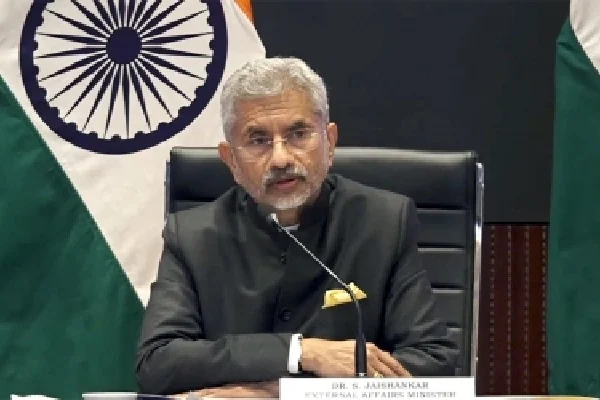The recent ruling by the Supreme Court of India declaring AAP candidate Kuldeep Kumar as the winner of the Chandigarh mayoral polls has brought attention to the issue of electoral integrity and accountability in the country. The court’s decision comes after a contentious election process marred by allegations of tampering with ballots and irregularities in the counting process.
The controversy surrounding the Chandigarh mayoral polls began when the BJP candidate, Manoj Sonkar, was declared the winner on January 30. Sonkar defeated Kuldeep Kumar, the AAP candidate, by a narrow margin, securing 16 votes against Kumar’s 12. However, the validity of the election result was called into question after it was revealed that the presiding officer, Anil Masih, a member of the BJP Minority Cell, had declared eight votes in favor of Kumar as invalid.
CCTV footage captured Masih deliberately invalidating and discarding the eight votes, raising suspicions of foul play. The AAP alleged that Masih’s actions were politically motivated and aimed at tipping the scales in favor of the BJP candidate. The matter was subsequently taken up by the Supreme Court for adjudication.
In its ruling, the Supreme Court found that Masih had made a deliberate attempt to deface the eight ballot papers in question. The court noted that the ballots had received the stamp for Kuldeep Kumar and that Masih had put a single line mark at the end of each ballot, which had no legal consequence. The court further directed the initiation of proceedings against Masih under Section 340 of the Criminal Procedure Code (CrPC) for his misconduct.
The decision to declare Kuldeep Kumar as the winner of the Chandigarh mayoral polls underscores the judiciary’s commitment to upholding electoral integrity and ensuring fairness in the democratic process. By rectifying the wrongful invalidation of votes, the Supreme Court has upheld the principles of democracy and accountability.
The ruling has significant implications not only for the outcome of the Chandigarh mayoral election but also for the broader electoral landscape in India. It sends a strong message that electoral malpractices and attempts to subvert the democratic process will not be tolerated. The court’s intervention in this case sets a precedent for holding election officials accountable for their actions and upholding the sanctity of the electoral process.
The Supreme Court’s decision has been widely welcomed by the AAP and its supporters, who see it as a vindication of their claims of electoral misconduct. It also serves as a reminder to political parties and election officials to adhere to the highest standards of transparency and fairness during elections.
In addition to declaring Kuldeep Kumar as the rightful winner of the Chandigarh mayoral polls, the Supreme Court’s ruling has broader implications for electoral reform in India. It highlights the need for stringent measures to prevent electoral fraud and tampering, including enhanced oversight of the counting process and accountability mechanisms for election officials.
Moving forward, it is imperative for the Election Commission of India and other relevant authorities to take proactive steps to safeguard the integrity of elections and uphold the trust of the electorate. The Supreme Court’s intervention in the Chandigarh mayoral election serves as a timely reminder of the judiciary’s role in ensuring free, fair, and transparent elections in India.













